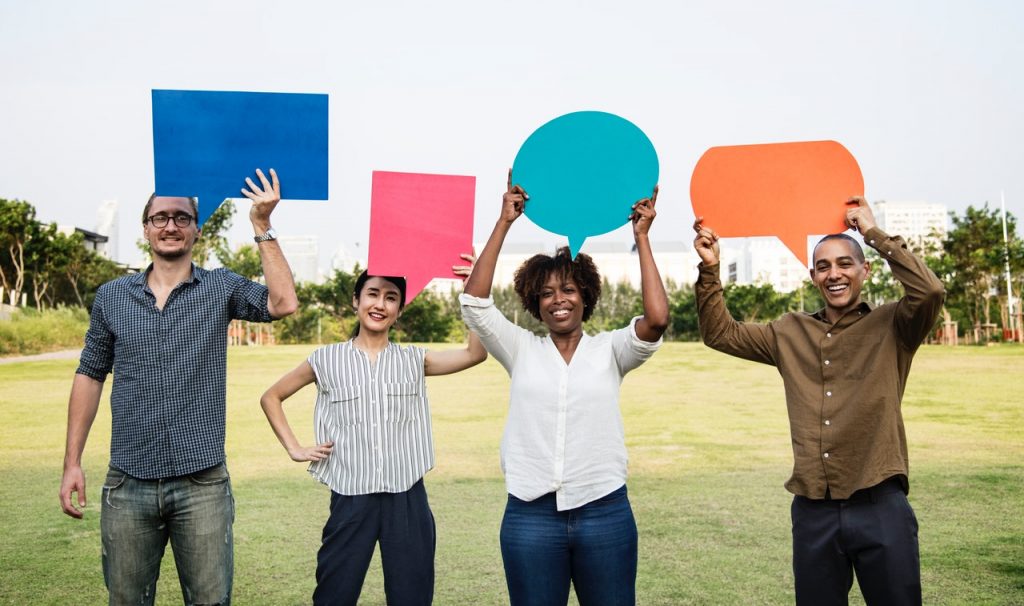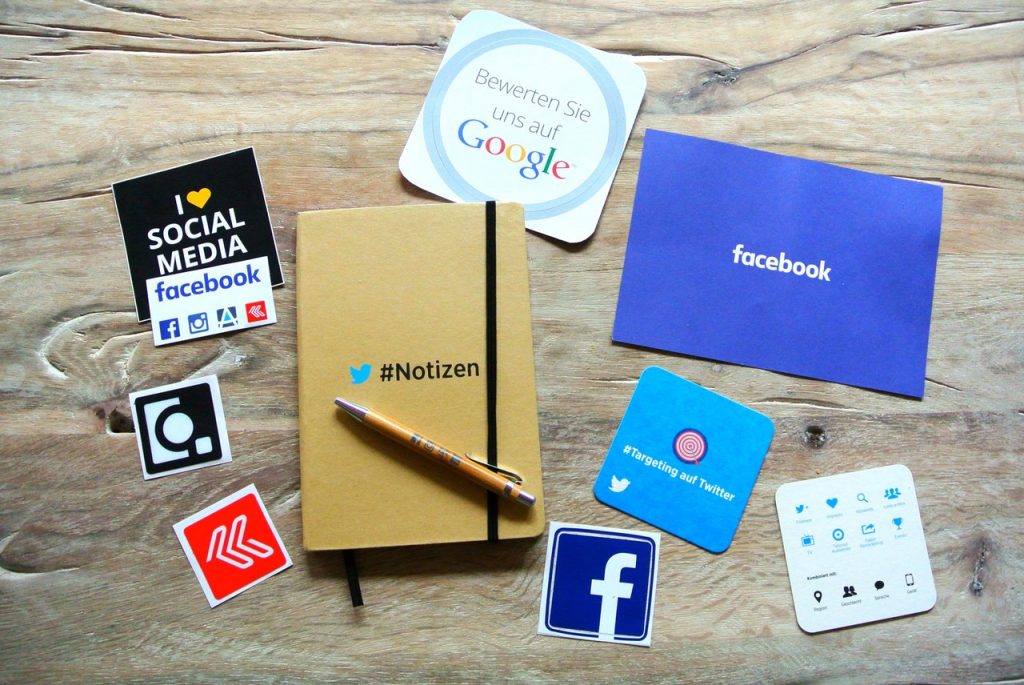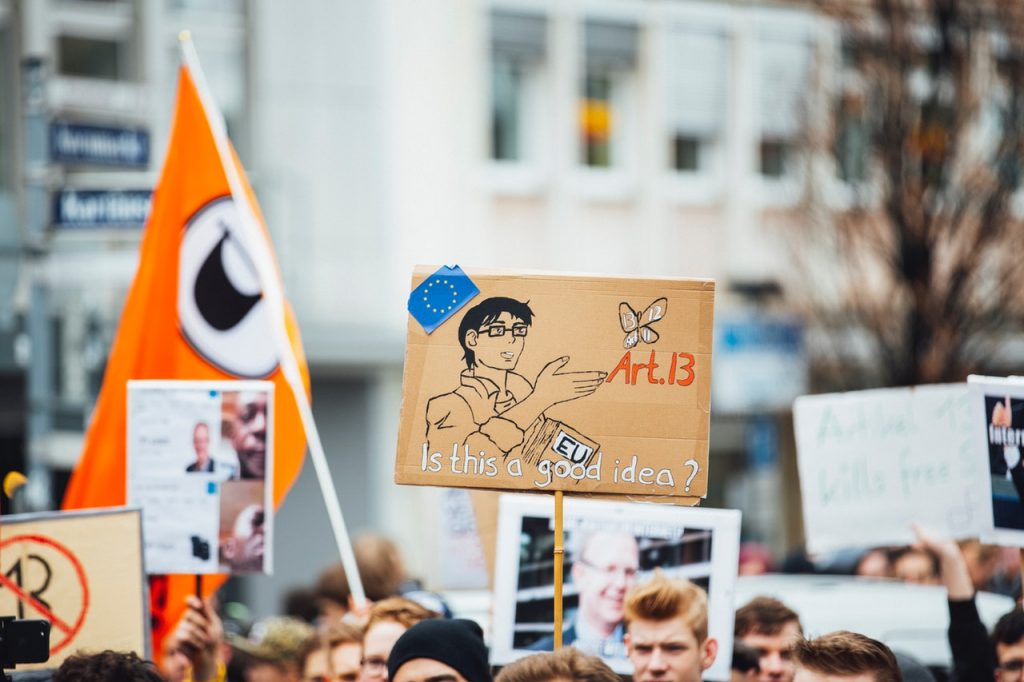Social media, including Facebook, YouTube, and Twitter, has radically changed the face of politics. These changes are most noticeable in the way campaigns are run and the way in which Americans interact with officials they’ve elected.
For the good, these officials are more accessible and accountable than ever before. By being able to instantly publish and broadcast content to millions means that campaigns can prudently control the image of their candidates based on analytics at little or no cost and in real time.
Here are some ways in which US politics has been changed by Facebook, YouTube, and Twitter.
Energizing Young Voters
To-date the largest percentage of voters have been older citizens. However, using cool platforms like Facebook and Twitter has motivated younger voters to go to the polls enormously effecting election outcomes and President Barack Obama was the first politician to harness the influence of social media during his campaigns.

Analytics-based Messaging
Political campaigns have immediate access to valuable analytics or information about those following them on social media. With this information they can tailor their messages based on designated demographics.
For example, a campaign may consider that a message suitable for voters younger than 30 years old will be less effective with those over 60.
In fact, the immediacy of social media is a great advantage as campaigners don’t make a move or publish their dogma without knowing how the electorate will react.
Facebook and Twitter let them instantly assess public opinion on a controversy or issue. They can then adjust their messaging accordingly and in real time without having to resort to costly polling or consultants.

Straight from the Horse’s Mouth
Once politicians had to invest heavily in advertising campaigns or earning media coverage to reach potential voters. Social media tools has changed that scenario enabling them to speak straight to voters for free!
Dealing with Feedback
This easy and direct access is great and taking your campaign to social media is definitely the “in” thing to do. However, are campaigners ready for negative feedback?
They should be if they don’t want to seem closed off and protective and, for those that have staff to monitor their channels scrapping any negative feedback, that’s exactly how they appear. All comments should be welcome as long as the public is fully engaged.
Avoiding Controversy
Having direct access to potential voters does have downside. Public relations pros often manage candidates’ image and that’s a good thing. Why? Well, if politicians are left to their own devices sending out unfiltered Facebook posts or tweets, they can land up in embarrassing situations, which some already have.

Fundraising and the Free Ride
Some campaigns have tapped what is called a fundraising bomb (or money bomb) to raise big amounts of money in a short timeframe, usually 24 hours. During this time, candidates push their followers to donate money using mostly Facebook and Twitter to spread the word.
This isn’t the only way campaigners can use these platforms financially. Campaigns produce commercials and publish them on YouTube for free instead of paying for radio or television ads.
Next, journalists covering politics write about these online ads, essentially widening their reach again for free.
Strength in Numbers
While moneyed special interests and lobbyists still hold most of the cards when it comes to
It’s only a matter of time before concurring citizens use their strength in numbers and leverage the power of social media to become as powerful.




